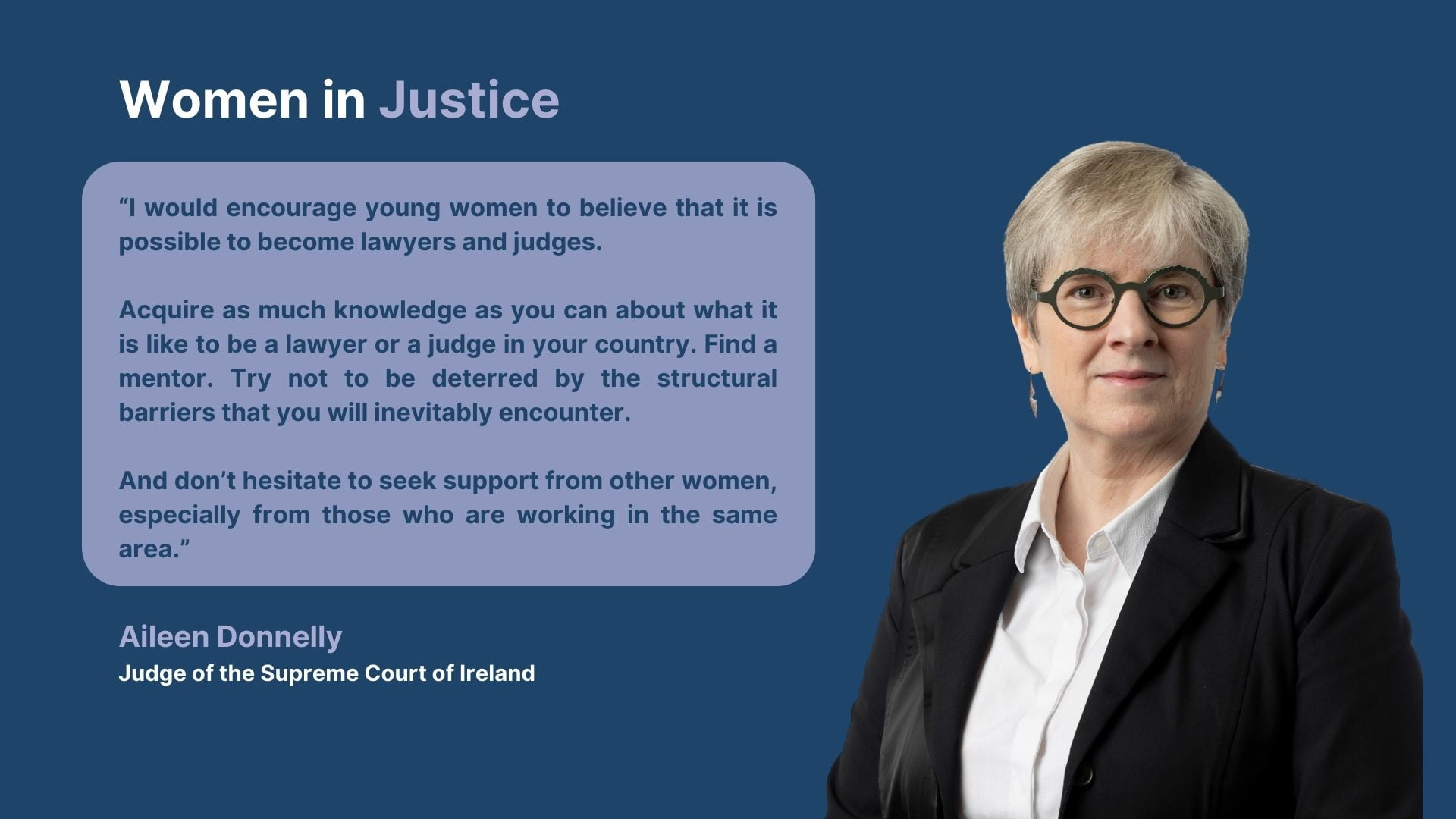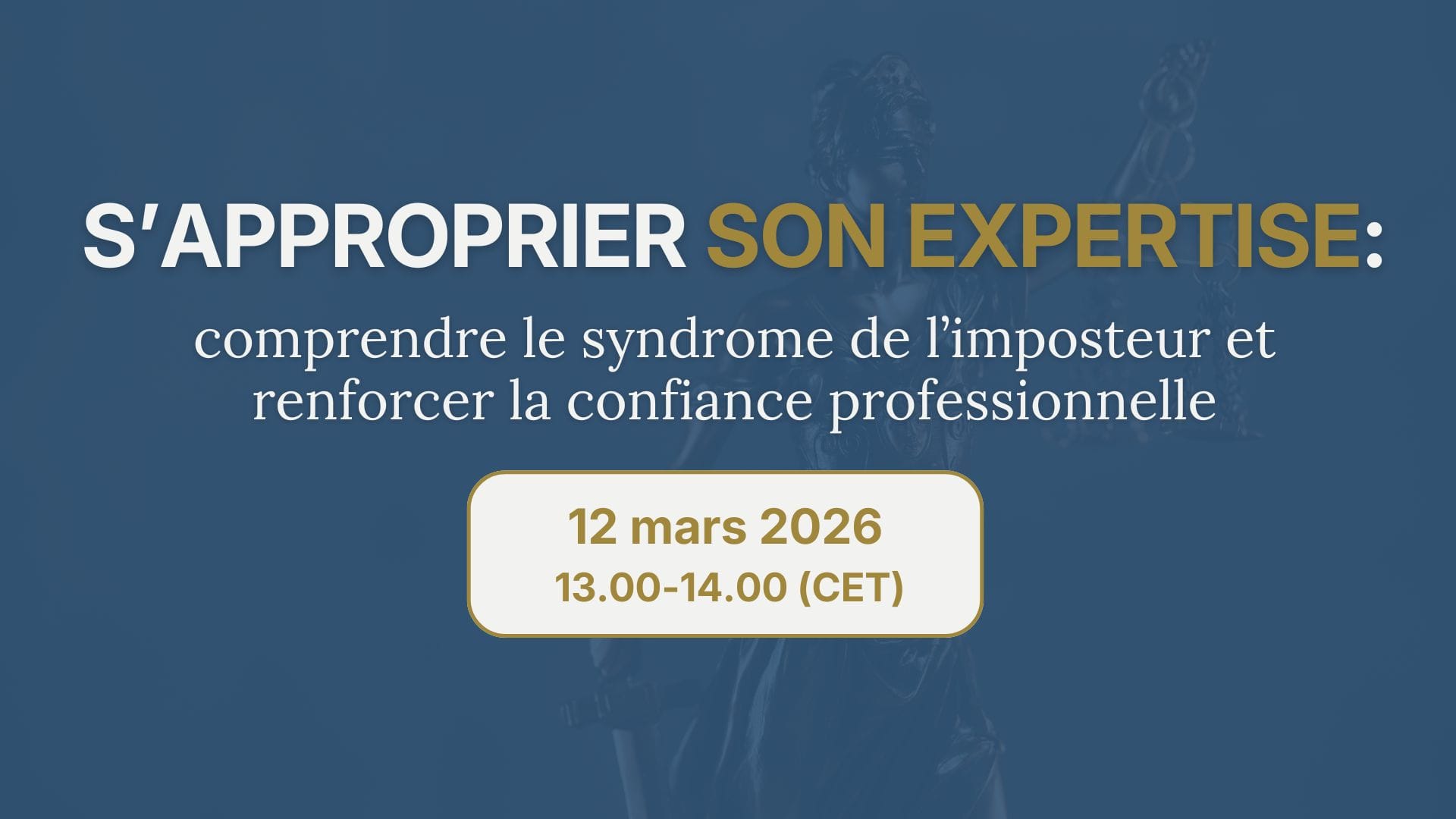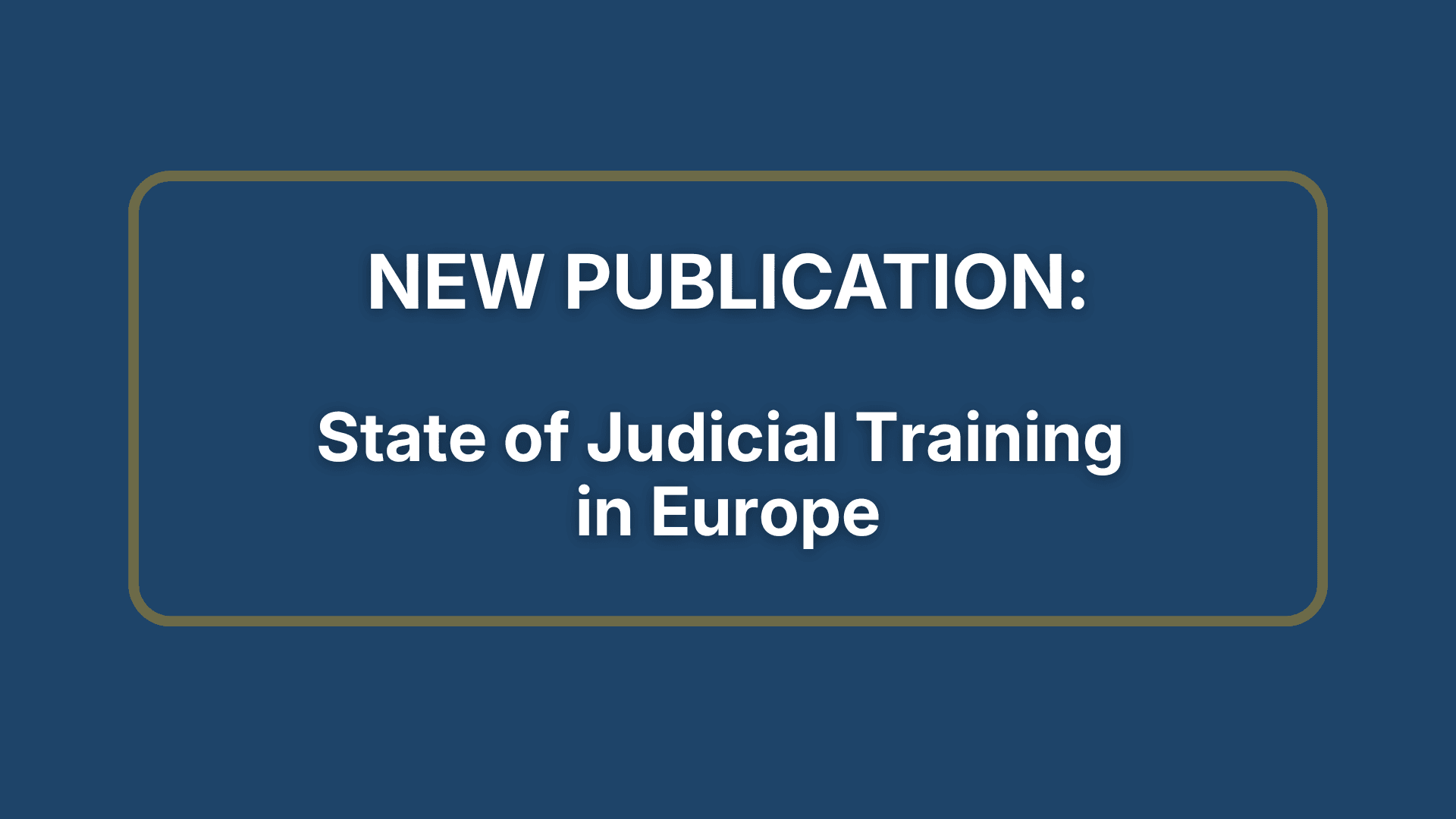Judge of the Supreme Court of Ireland Aileen Donnelly has worked to break down barriers for women in justice for over 20 years. In this interview, she shares her insights on the challenges women face in advancing their legal careers and the crucial role diversity plays within the justice sector.
This interview series, launched in connection with the International Day of the Girl Child, highlights some of the inspiring women leaders within our Network.
Judge Aileen Donnelly, you have an extensive career in justice. In your experience, what are some of the barriers young women can face when advancing in the judiciary, and what measures could be taken to achieve more gender-inclusive environments within the justice sector?
In Ireland, it is only experienced lawyers who may become judges. Early in my career as a lawyer, there were few women judges, and that was a barrier to even imagining that I could become a judge.
Although there are more women judges now, obstacles still remain. A current barrier is the lack of work given to women in certain areas of the law, which are traditionally seen as the prerogative of men. An example of this is the commercial law. More women judges adjudicating across all areas of law will be crucial in debunking the perception that women are not suited to some particular area of law.
Those responsible for the recruitment of judges must ensure that the application process draws from the most diverse pool of candidates possible and that the selection methods do not discriminate against women or minority candidates. The judiciary must then ensure that work environments are welcoming to all judges and that work schedules take into account family commitments, such as child or elder care that may fall disproportionately on women.
Defending and safeguarding human rights has played a pivotal role in your judicial career. What inspired you to work with such complex and critical issues?
I consider defending and safeguarding human rights as a basic part of the work of all judges. In every case, there is a responsibility on a judge to ensure that the dignity of the participants is respected and that a fair trial is accorded to the parties.
Having said that, some cases require a more direct engagement with human rights issues and call for specific rulings on whether human rights provisions have been violated. As a practising lawyer I was drawn to those issues because I viewed the law as the most appropriate way in which to ensure that human beings were treated with respect and equality. On becoming a judge, I was often assigned to deal with cases which built upon my expertise in these areas.
And how do you see the role of networks such as EJTN in encouraging and making it possible for young girls to pursue careers in justice, in Ireland and in Europe?
In the first place, it is important that judicial training bodies equip all judges with the ability and knowledge to apply human rights, equality and non-discrimination provisions in their daily court work. Moreover, by ensuring that there is representation of genders in judicial training and education, this will provide role models for all aspiring judges.
In my view, EJTN and national judicial training and education need to engage in outreach to schools and colleges which, in content and in those who deliver the outreach, reflects diversity within the judiciary. It is important for girls to be aware that a judicial career is a possibility for them.
For young women aspiring to enter the judiciary or legal professions, what advice would you offer?
I would encourage young women to believe that it is possible to become lawyers and judges.
Acquire as much knowledge as you can about what it is like to be a lawyer or a judge in your country. Find a mentor. Try not to be deterred by the structural barriers that you will inevitably encounter. And don’t hesitate to seek support from other women, especially from those who are working in the same area.




